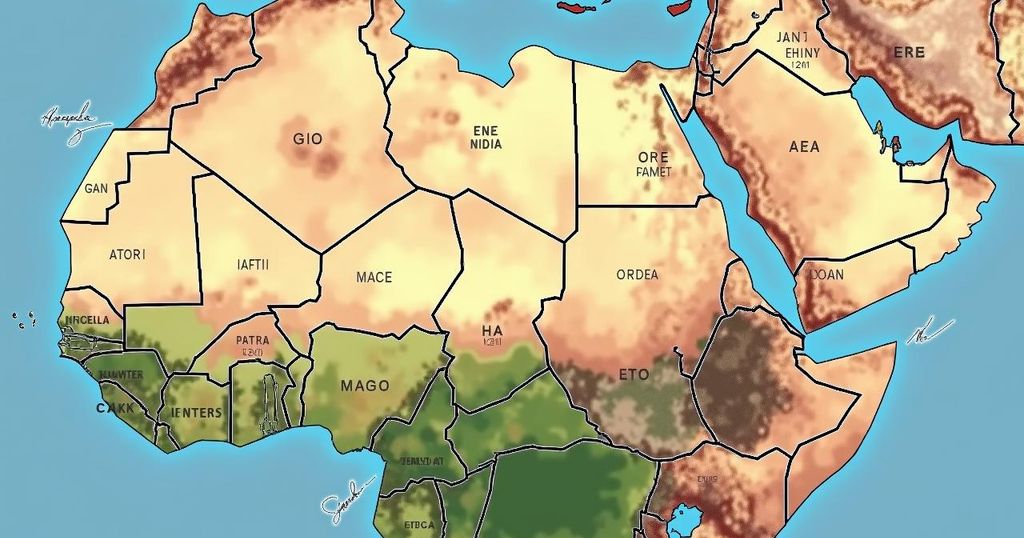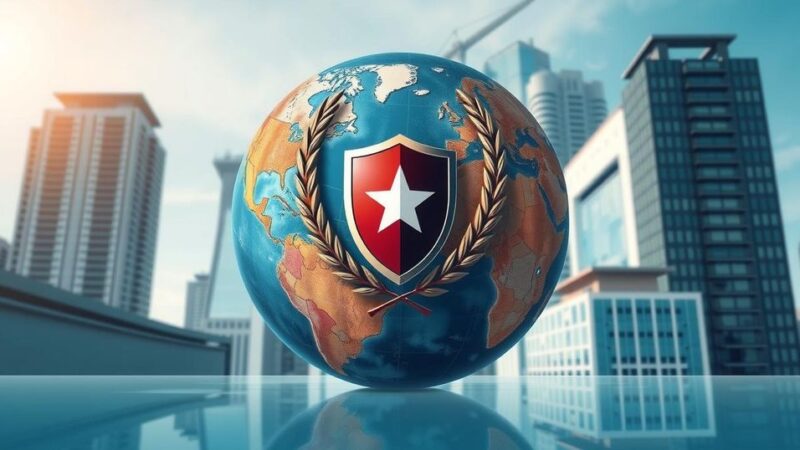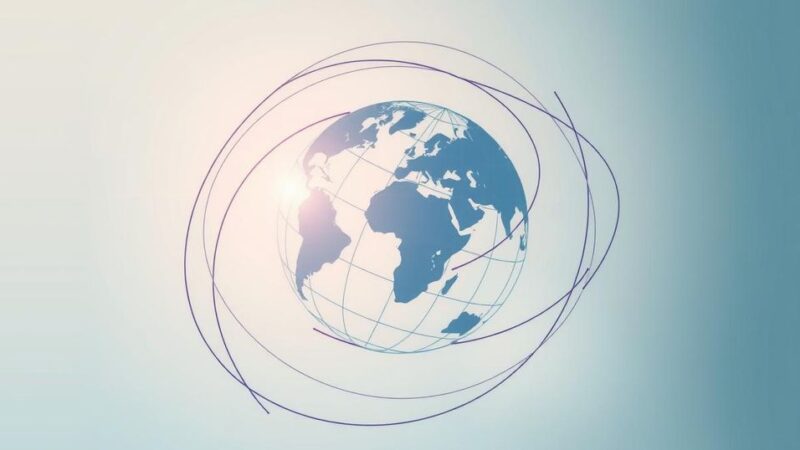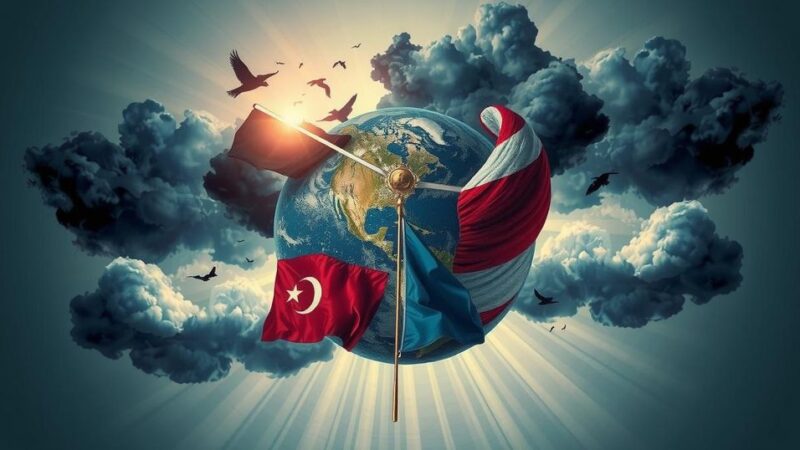Eritrea’s leader Isaias Afwerki hosted Somali President Hassan Sheikh Mohamud and Egyptian President Abdel Fattah el-Sisi on October 10 for a trilateral summit addressing regional tensions with Ethiopia. The leaders discussed strategies to counter foreign interference and strengthen cooperation to bolster Somali state institutions against terrorism. Relations between Ethiopia and Somalia have soured due to Ethiopia’s recognition of Somaliland, and Egypt is utilizing this discord to exert pressure, given its long-standing disputes over the Grand Ethiopian Renaissance Dam. Analysts suggest that while rhetoric is heightened, immediate military conflict remains unlikely.
On October 10, in Asmara, Eritrea’s long-standing leader, Isaias Afwerki, convened a significant trilateral meeting with President Hassan Sheikh Mohamud of Somalia and President Abdel Fattah el-Sisi of Egypt. The leaders engaged in dialogue regarding strategies to counter foreign incursions into their domestic affairs, as reflected in their post-summit joint statement. They underscored the necessity of bolstering cooperation to empower Somali state institutions to effectively combat terrorism, safeguard their borders, and uphold territorial sovereignty. This summit emerges amid escalating tensions involving Ethiopia, with deteriorating relations between Ethiopia and Somalia, particularly since the January signing of a memorandum of understanding (MoU) concerning Somaliland—a territory Somalia claims as its own. Ethiopia’s proposal to recognize Somaliland in exchange for a coastal lease for a naval base has incited significant discontent in Somalia. Seizing the opportunity, Egypt has intensified its influence over the region, particularly in light of ongoing disputes surrounding the Grand Ethiopian Renaissance Dam ( GERD), which threatens Egypt’s vital water supply. Furthermore, following a military cooperation agreement with Somalia in August, Egypt has initiated arms shipments and has floated the idea of significant military support to Somalia, potentially replacing Ethiopian troops engaged in counter-terrorism efforts against Al-Shabaab. Eritrea’s historical involvement in conflicts with Ethiopia has positioned it keenly aware of surrounding dynamics; despite previously aligning with the Ethiopian government during the civil war in Tigray, Eritrea has recently found itself at odds with Addis Ababa. Afwerki’s concern about Ethiopia’s aspirations regarding Eritrea’s ports, which were lost during Eritrea’s independence in 1993, adds another layer of complexity. Recent Ethiopian pronouncements hint at desires to regain port access, suggesting possible military undertakings. Analysts caution that, despite heightened rhetoric and tensions, outright military engagement remains unlikely in the immediate future. Somalia’s limited capability to confront Ethiopia, coupled with Egypt’s internal economic challenges and regional distractions, deters any imminent conflict escalation. “What everyone is trying to do is really to posture; it is more of a diplomatic show right now than overt military confrontation,” stated Omar Mahmood, a senior analyst at the International Crisis Group. In light of these developments, it is crucial to recognize the reversed diplomatic advancements achieved following the 2018 rapprochement between Ethiopia and Eritrea, as the seemingly stagnant situation of “no war, no peace” resurfaces.
The article discusses the rising tensions among Eritrea, Somalia, and Egypt regarding Ethiopia. In recent months, Ethiopia’s relations with Somalia have deteriorated due to Ethiopia’s proposed recognition of Somaliland’s independence, a territory Somalia claims. Concurrently, Egypt is leveraging this regional discord to exert pressure on Ethiopia amid ongoing disputes related to the Grand Ethiopian Renaissance Dam. The article further delves into Eritrea’s historical conflicts with Ethiopia and the implications of these dynamics on regional security.
In summary, the trilateral meeting between Eritrea, Somalia, and Egypt highlights escalating tensions with Ethiopia and the necessity of regional cooperation to address perceived threats. While the present situation elicits concerns over potential conflicts, immediate military confrontations seem improbable due to various regional constraints. The historical backdrop of Eritrean-Ethiopian relations continues to shape the current landscape, emphasizing the fragility of peace in the Horn of Africa.
Original Source: www.theafricareport.com






